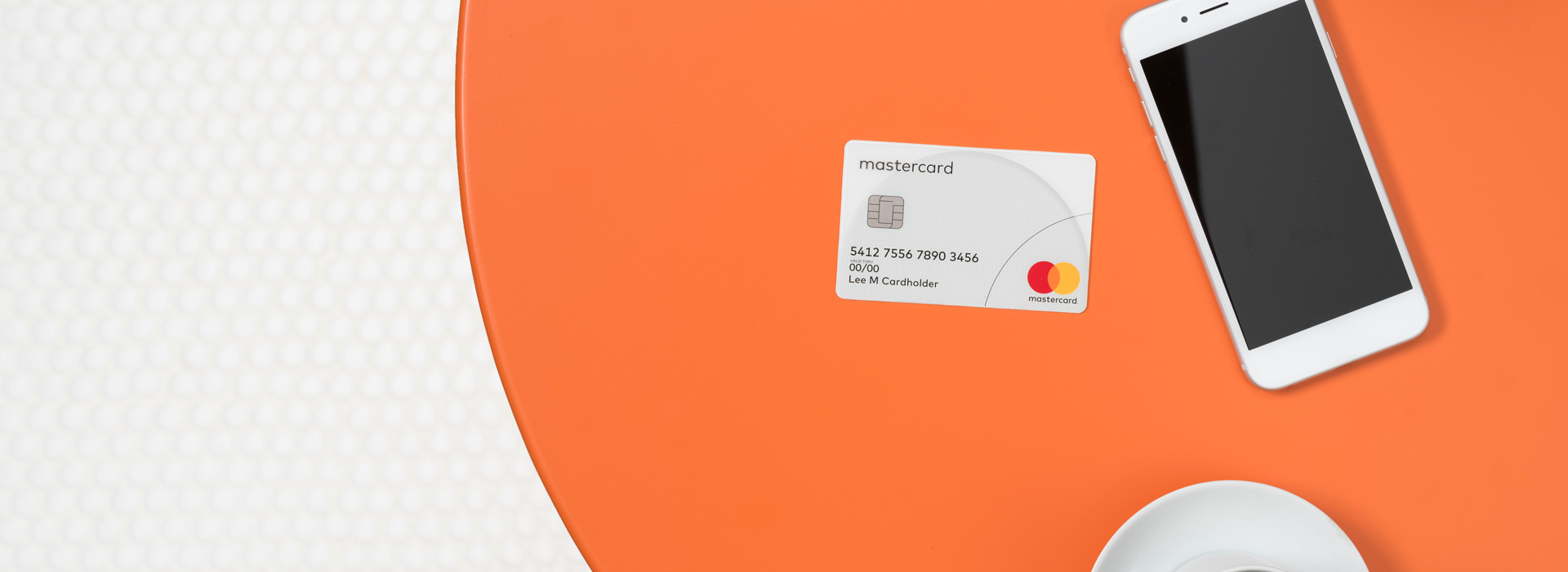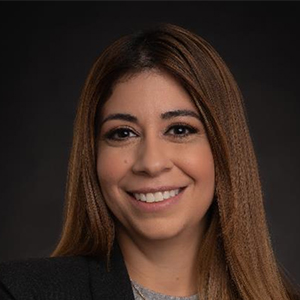
Digitalization in Latin America: 40 million people became financially included in the last five months
October 22, 2020 | MIAMI, FLAccording to the latest research conducted by Americas Market Intelligence in Partnership with Mastercard, early government subsidies have been critical to increasing access to the banking system.
The new study “Accelerating Financial Inclusion During the COVID-19 Pandemic” reveals how banks, fintechs, and governments must make a collective effort to consolidate the region’s growing digital finances.
According to the latest research conducted by Americas Market Intelligence in partnership with Mastercard, 40 million people in Latin America have been banked in the last five months. This goal could not be achieved simply by giving consumers access to different products. Real inclusion is a journey that evolves along with consumers’ financial life; it will make digital banking users financially included.
In the wake of the pandemic, the lack of financial inclusion became more evident. Somehow, it also prompted people to “go digital” by banking online. COVID-19 forced society as a whole to go online. As quarantine conditions forced millions of consumers to adopt digital behaviors for the first time, including e-commerce and banking, the pandemic clearly represents an unprecedented opportunity to transform the state of digital finance in Latin America, providing new possibilities for the region’s most vulnerable population.
The study highlights how developing financial inclusion means removing barriers such as high fees and restrictions, increasing the value of products and services to consumers, greater digital and financial education, as well as improved overall user experience to build a foundation of trust for the future. In recent years, non-traditional players - such as neobanks and digital wallets - have emerged to help close the inclusion gap in Latin America. Neobanks encourage the use of digital financial services by reducing and exempting fees, facilitating bank account opening requirements, and offering a complete mobile experience.
This study by Americas Market Intelligence shows that early government subsidies have been critical to increasing access to the banking system. The Coronavoucher program (Brazil), Ingreso Solidario (Colombia), and Ingreso Familiar de Emergencia (Argentina) forced users who previously used only cash to open a bank account. The study states that thanks to the social benefit programs during COVID-19, the unbanked population throughout Latin America will have been reduced by 25 percent.
On the other hand, the quarantine changed people’s consumption habits and stimulated e-commerce. Latin American consumers quickly adopted the various payment options within digital banking and wallet applications, such as bill payment, e-commerce, mobile reloads, and especially person-to-person payments, which have doubled since the lockdown began. Last but not least, the pandemic is also changing attitudes toward long-term planning - the focus on savings, traditionally associated with wealth, has spread to low-income households.
Due to the social benefits and digital banking availability, 40 million people in Latin America have become bankers in the last five months. The time has come to focus on these consumers - they are at a very fragile point where they are barely getting to know their bank’s online platform. To avoid the risk of falling back on the scale of inclusion, financial institutions must provide them with products and features developed from a customer-centric approach. But, if universal financial inclusion is our goal as a society, we still have a long way to go.
Media Contacts
